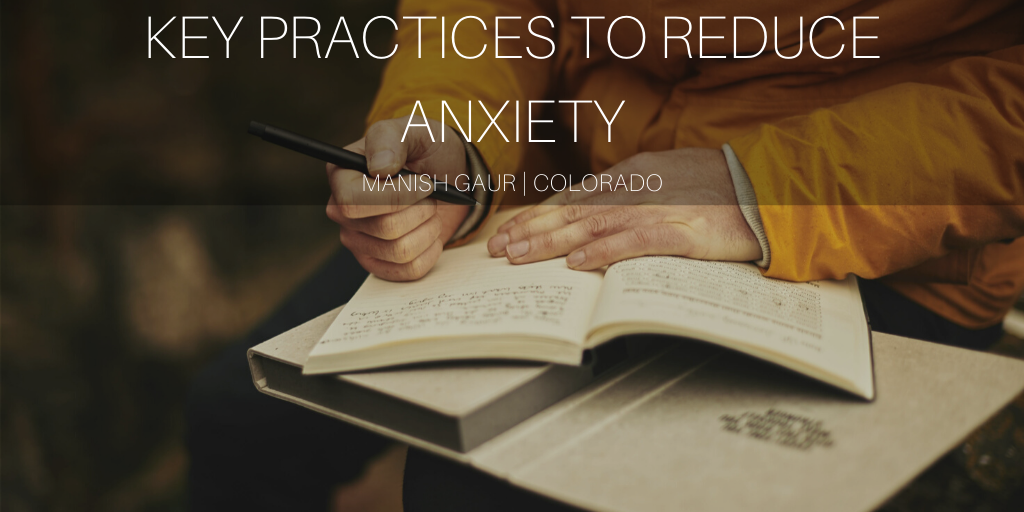Anxiety is a mental and emotional state where a person feels varying degrees of worry and fear. It could be the result of stressing over an anticipated outcome or possible “failure”. Anxiety could also be the result of personal triggers and fears. For instance, those with a fear of speaking publically say that they feel anxious prior to giving a big presentation in from of their class. Fortunately, there are several different methods and breathing techniques that can be used to reduce anxiety and the physiological effects that accompany stress. The following are a few key practices to reduce anxiety:
Mindfulness Meditation
Some people find themselves caught up stressing over their past decisions. Others may find themselves stressing over the things yet to come. A person might be extra hard on themselves if things haven’t been going accordingly or they may have negative expectations for their future. Ultimately, all one can do is focus their attention on the present moment of now. By taking control of the present moment, one empowers themselves to change their future to be more favorable. Being present reduces anxiety because a person isn’t stressing about all the potential outcomes. Mindfulness meditation helps people to focus on the here and now by taking inventory of the thoughts that arise.
To meditate mindfully, one must find a quiet space where they won’t be interrupted. After seating comfortably, one should close their eyes and take slow breathes. Attention should be focused on those deep breaths. Naturally, thoughts will gradually surface in the mind. Instead of judging these thoughts, it’s important that they are just observed and released. Ignoring thoughts only suppressed them further. This can serve as negative reinforcement where that thought is still present in the subconscious mind and accelerating one’s anxiety. Thus, it is vital to acknowledge these thoughts objectively.
Breathing Exercises
Breathing exercises are a great way to calm the body and the mind. As stated, anxiety and stress have physiological effects on the body which can include tense muscles, migraines, and more. Breathing exercises help to ground and center the individual. Some good breathing techniques include belly breathing, alternate nose breathing, and one-minute breathing.
Journaling
Journaling helps in staying present in the moment. Writing one’s thoughts and feelings down serves as a means to take inventory of prominent stressors. People could have a lot going on in their lives and might not be able to pinpoint the exact cause of their anxiety. Journaling helps put things into perspective and is also a form of therapy. A lot of stress can be released through journaling. Also, one may gain the clarity they need from reviewing their prompts.
.
.
Originally published on manishgaurcolorado.com


